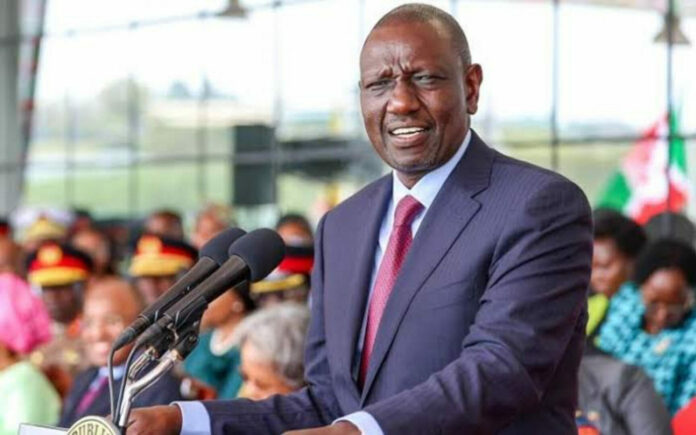The Court of Appeal has stopped President William Ruto’s government from collecting the controversial housing tax.
In making the decision, the Court of Appeal declared that public interest tilted in favour of the court not granting the orders that were being sought by the government.
The ruling came amidst fears that the Judiciary was compromised and would grant the government its wishes to continue collecting the taxes pending the determination of its appeal.
These fears followed a controversial meeting that was held at State House Nairobi between President William Ruto and Chief Justice Martha Koome.
High Court stops collection of housing levy, declares it unconstitutional
CJ Koome had sought the meeting with the President following his claims in political gatherings that the Judiciary was corrupt after the High Court ruled to suspend the controversial housing tax.
In the decision by the Court of Appeal, Justices Lydia Achode, John Mativo and Gatembu Kairu said public interest lies in awaiting the determination of the appeal.
“This is because if the stay sought is granted at the stage, should we affirm the challenged decision, then some far-reaching decisions that will have been undertaken pursuant to the challenged laws may not be reversible,” they ruled.
In its petition to the court, the government had asked the court to suspend the ruling by the High Court that had found the housing tax to be illegal because it targeted a section of the population while leaving out the rest.
The government also wanted to be allowed to continue collecting the taxes pending the hearing and determination of its appeal.
The government had claimed that it risked being sued for breach of contracts signed in its effort to implement the affordable housing project.
However the Court said no single contract was placed in court by the state to support the claim.
“In the absence of valid evidence to support such a grave assertion, the argument that the appeals will be rendered useless if stay not granted on this ground fails,” said the judges.








